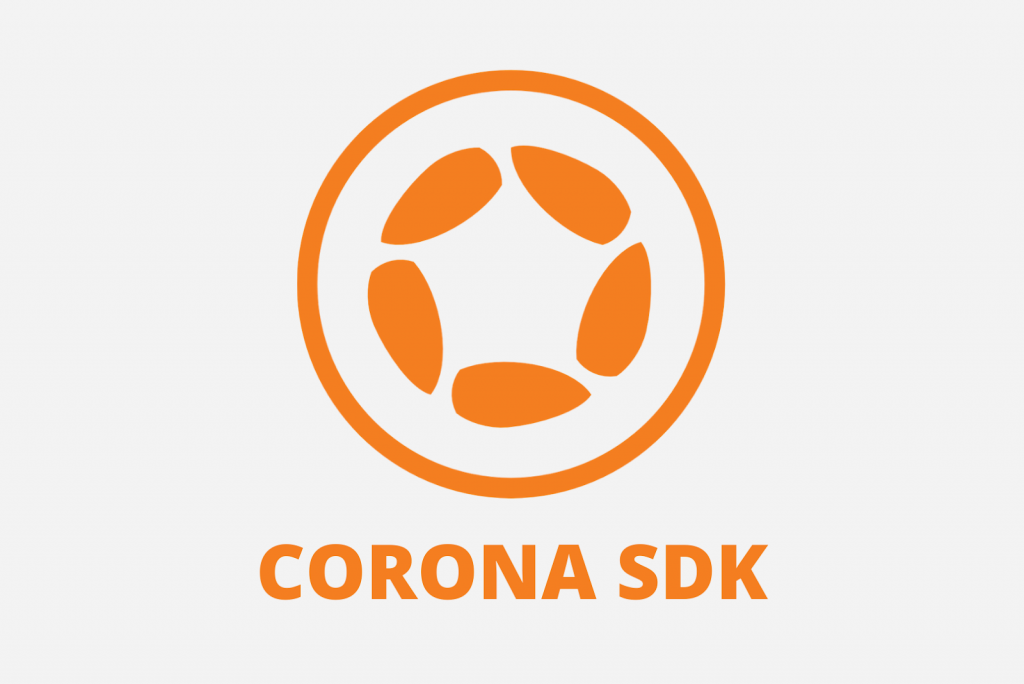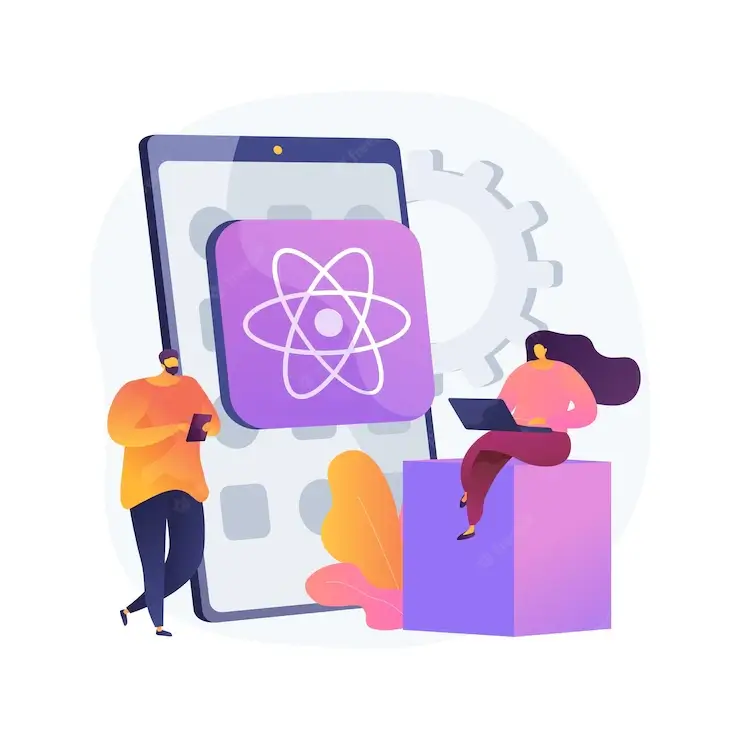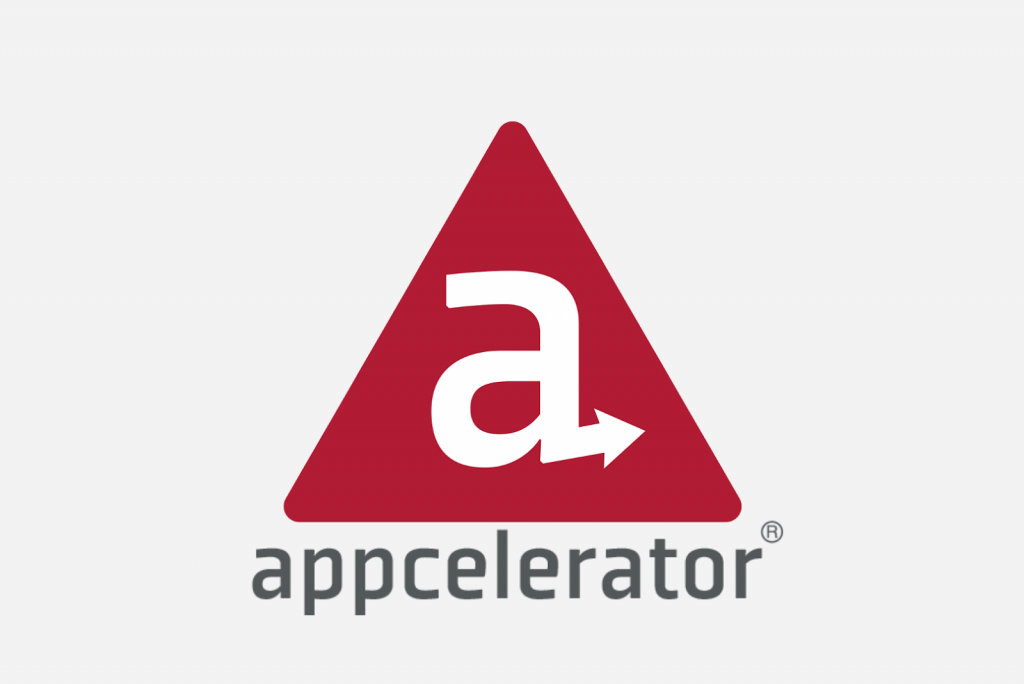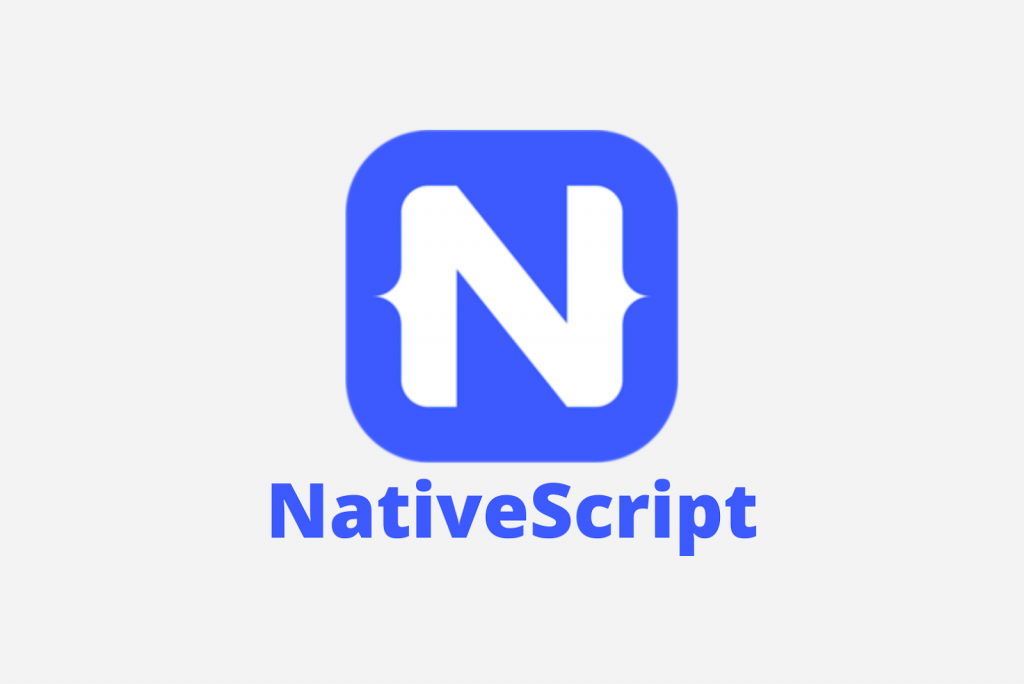Introduction:
Android is the most widely used mobile device operating system in the world, thanks to its versatility, openness, and current rate of 1.5 billion monthly downloads. Its market share is expected to increase to more than 87 percent in 2022, and it is now regarded as the greatest OS for creating original apps. Android has the largest market share for smartphone mobile operating systems, and its sights are set on tablets, PCs, vehicles, set-top boxes, smartwatches, home appliances, and more.
Many developers now favor creating Android apps because of these factors, as well as the fact that Android is highly customizable and has a sizable global community forum behind it. The proliferation of Android development tools due to its expansion has made choosing the best android framework for cross-platform app development projects more challenging. Yes, many Android app developers indeed become lost in a maze while trying to decide which Android platform is ideal for them.
To build a solid base, Let’s explore great android frameworks for mobile app development and its key features.


Application framework:
A software library known as an application framework offers a core foundation to assist in the creation of applications for a particular environment. An application framework for developers serves as the basic structure upon which an application is built. Application frameworks are created to reduce the common problems encountered when developing applications. Code that several modules of an application can reuse is used to accomplish this. Application frameworks for developers are used in various contexts, including the development of web-based applications and graphical user interfaces (GUIs).
List of Best Android Frameworks for App Development Platform
Corona SDK Framework of Android:


Corona SDK, an open-source Android SDK framework with a straightforward syntax, was introduced in 2009. It is regarded as the most cutting-edge 2D mobile development platform available today for both Android & iOS.
Corona SDK is primarily used for creating Android games. However, it is also widely used by mobile app developers as a multipurpose framework for Android programming.
Key features:
- The Corona SDK’s ability to offer a 10x faster multi-platform development process than the majority of other Android app frameworks is an intriguing hot-reload feature.
- Corona SDK enables the creation of desktop and mobile applications and games from a single code base.
- The framework is compatible with MAC OS and Windows.
- Corona uses Lua as its backend foundation language. Programming language Lua is a multi-paradigm lightweight, resilient, and simple to learn.
- More than a thousand feature-rich built-in APIs, numerous plugins, and a dynamic developer advertising platform are included.
- Real-time testing and native library UI are also supported.
Sencha Touch for Android:
Sencha Touch is a framework for faster development that specializes in producing native applications. The community at large frequently names it the greatest Android development technologies framework.
Sencha Touch leverages HTML5 and JavaScript to create dynamic, all-encompassing apps. Sencha Touch, an open-source platform, enables high-performance Android application development by integrating hardware acceleration techniques.
Key features:
- This new Android framework aids in the creation of engaging and visually appealing mobile cross-platform applications with more than 50 UI components and native code themes.
- It also gives the apps unique features like rich, fluid animations and scrolling.
- Sencha Touch has received recognition from numerous large companies for its high level of interoperability, responsive touch features, and quick execution.
TheAppsBuilder:
TheAppsBuilder is a new android framework that enables a codeless user base native interface and is built on HTML. It means anyone may use this framework to create Android mobile apps without learning how to code.
Particularly for creating Android hybrid applications that rely on information, TheAppBuilder is highly suited. The drag-and-drop functionality of the framework makes it simple and quick to put the application together.
Key features:
- TheAppBuilder has building blocks with features like polls, push alerts, content updates, feedback, and much more.
- The ease with which this new Android framework connects with Google Play while flaunting a social network presence is possibly its best feature.
React Native:
React Native is a cross-platform open-source programming framework introduced in 2015. It is one of the top new Android app development frameworks for the mobile app development company process and is supported by social media behemoth Facebook.
To create apps for Android and iOS, React Native is dependent upon React, a sizable JS built-in android library. Because the code is cross-platform, game developers can write it only once and run it on different platforms. As a result, developing Android mobile apps is fairly rapid and inexpensive.
The Iteration Period, different codebases, imperative programming, etc., appear to provide challenges to mobile application developers occasionally. React Native leads the pack of the new Android frameworks by giving the best answer to each issue.


Key features:
- Android apps can benefit from a sophisticated appearance and excellent performance thanks to React Native’s built-in UI components and native code API access.
- It boasts the hot-reload function, allowing the game developers to change files without affecting how the app currently functions.
Xamarin:
Microsoft’s open-source Xamarin framework is used to create Android apps using “.NET.” Compared to most other cross-platform frameworks, it is comparatively older. After partnering with the Visual Studio IDE, Xamarin android grabbed the interest of numerous reputable companies.
Key features:
- With the help of the Xamarin android sophisticated advanced toolset, programmers may work with shared C# or XAML code.
- Mobile app developers’ coding time and the number of errors found during the cross-platform development process are reduced by this code-sharing functionality.
- This friendly development environment framework makes use of Microsoft’s cloud testing service to make it simple to test apps across a wide range of active devices.
Appcelerator Titanium:


We can use a single JavaScript codebase to build native apps utilizing the open-source Appcelerator Titanium SDK. Appcelerator had to be included in the comprehensive list of new Android frameworks for developing mobile apps as a result.
This framework uses JavaScript to create incredibly effective and reliable native code Android cross-platform applications.
Key features:
- Appcelerator has a unique characteristic. By distributing between 60% and 90% of the existing code, a team of developers can produce multi-platform apps.
- Additionally, it provides access to native code APIs for operating systems like Android, iOS, Universal Windows, HTML5, and Blackberry.
- The advantage of utilizing hardware-specific functionalities is available to Android building applications created with the Appcelerator framework.
- These consist of the menu buttons on Android studio, controls specific to the OS, and platform-specific notifications.
Ionic:
Ionic is a free, open-source framework created in 2012 and was approved by MIT. With the use of HTML5, CSS3, and JavaScript, time for developers may create cutting-edge hybrid apps for Android across major platforms.
A broad myriad of software tools, gestures, and animations are included in the Ionic framework. These prototyping tools make creating excellent desktop, mobile, and progressive web apps from a single application code base easier.
Key features:
- Additionally, the framework provides access to emulators, live to reload, logging, and other useful capabilities through a straightforward CLI.
- Ionic is one of the greatest new Android studio frameworks for developing mobile apps because of its CLI and versatility.
- Ionic standard interfaces with other libraries like Cordova and AngularJS pretty effortlessly.
- Through various elements like the camera, GPS, and other hardware-specific features, Cordova’s plugins enhance the framework’s usefulness.
Flutter:
The most recent SDK for creating mobile apps is called Flutter. It is an open-source framework for building cross-platform apps owned and managed by Google. The framework employs a single codebase and is written in the Dart programming language.
This top Android framework is innovative because it takes a different approach to creating apps than its contemporaries. It simplifies the cross-platform development process to create excellent Android and iOS native single interfaces.
Key features:
- Furthermore, Flutter is a reliable testing framework for UI, unit, and functionality tests.
- Additionally, this programming framework offers the well-known hot reload function, which enables seamless testing without necessitating an app restart.
- Due to its practical advantages, like fast rendering, a screen reader, a variety of themes, and many others, this new Android framework is a market favorite for creating mobile apps.
PhoneGap:
Adobe and Apache support PhoneGap’s open-source framework. This Android framework uses modern web development prototyping tools (HTML5, CSS3, and JavaScript).
Other operating systems outside Android can benefit from PhoneGap to create mobile apps.
Mobile developers appreciate this mobile development framework because it allows them to view and validate the changes they make as they work on an application.
Key features:
- The Cordova WebView is included with the most recent PhoneGap version registered.
- It makes it possible to include PhoneGap’s application code into more substantial native code apps.
- In addition, this new mobile app development framework has a growing community, an extended plugin library, and third-party mobile development solutions.
- It also makes it possible to operate without being constrained by hardware.
NativeScript:


NativeScript is an open-source framework that the Telerik software firm in Bulgaria supports. NativeScript is a top SDK for developing hybrid apps and being one of the best android development frameworks for developing Android responsive applications.
This application development framework uses JavaScript, TypeScript, or Vue.js to build apps and share app code across native platforms.
Key features:
- NativeScript functions differently from the majority of other Android native frameworks, which results in time and money savings during the creation of third-party apps.
- The solid Testing framework gives app developers complete access to all iOS and Android APIs.
- Additionally, it allows you to quickly reuse Android and CocoaPods SDKs and search for free templates, plugins, and custom app examples.
Conclusion:
Specifications vary depending on the project or application. There isn’t a single Android framework that works best for building responsive applications for mobile devices. Each Android framework is capable of different things; to match them to the functionality that your project demands, you must compare them.
FAQs:
Which language is ideal for developing Android apps?
The most well-known and widely used programming language for Android apps is Java. It uses the JVM, which operates without issue on all code across platforms. Most business logic favors Java because it gives app developers the freedom to create mobile applications quickly and without mistakes.
What is the most recent Android framework?
Flutter is one of the more recent application mobile development frameworks released in 2017. Flutter is the most widely used mobile app framework as of 2021 research.


Priyadharshini K.R is a professional blogger with over 3 years of experience who works at Squash Apps. She is dedicated to providing high-quality content to help clients get more visibility on the search engine result pages. She works hard to boost her clients’ online presence through various content writing services. Hailing from Erode, she is passionate about helping people understand content marketing through easily digestible materials.